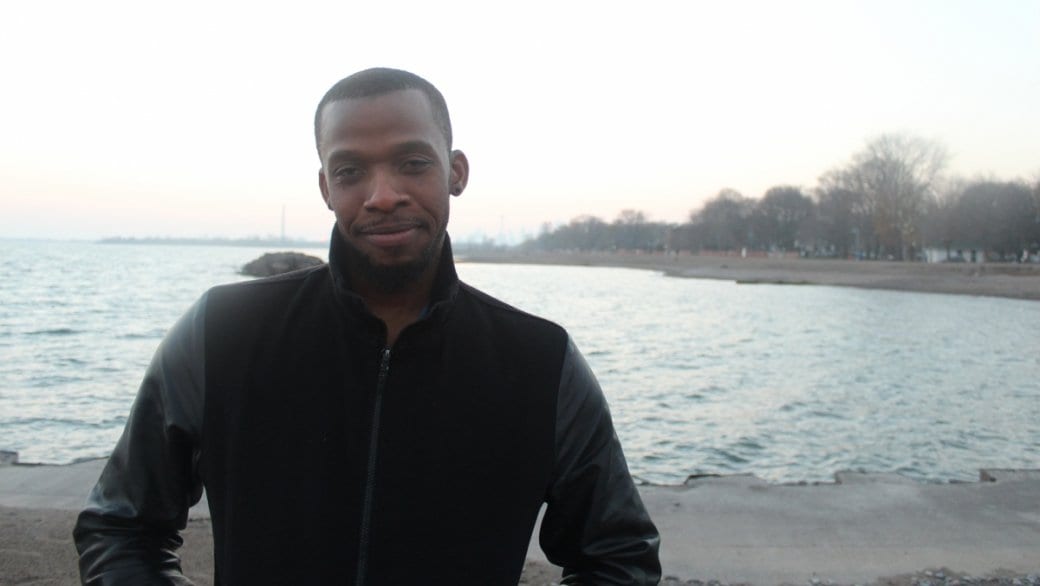For most LGBT asylum seekers, the hardest part is proving their identities.
And immigration officials will find all kinds of nitpicky, even ludicrous ways to discredit refugee applicants.
That wasn’t the case for Rolston Ryan.
Coming from St Kitts and Nevis, Ryan’s sexual orientation was never in question. The very first panel that heard his case agreed that he was a gay man. They even agreed that he faced a serious possibility of persecution if he were deported back to the Caribbean.
But they still wanted to send him back to a country where he’d been beaten and stabbed, and where gay sex is punishable by up to 10 years in prison.
It took three years, four appearances at refugee hearings and two trips to the federal court for the government to finally agree that Ryan was in fact a refugee.
Part of the problem was that there’s very little public information about the treatment of LGBT people by smaller countries, like St Kitts and Nevis.
In some ways, Ryan was lucky. He had the support of a family in Canada that knew its way around the law, the media and politics, and could even provide financial support for his push to stay in the country.
That’s not the case with many refugees. Over the past year, Canadians as a whole, and the Liberal government in particular, have basked in the fawning and self-congratulatory coverage engendered by our welcoming approach to Syrian refugees.
But the system continues to put up impediments for LGBT refugees, such as Ryan. The so-called safe countries list doesn’t take into account that many of these countries — Mexico in particular — aren’t actually safe for many of their queer and trans citizens.
And though our immigration laws are supposed to be carried out impartially, approval rates between different adjudicators vary so wildly, that it’s hard not to conclude that the system is more of a lottery than an impartial framework.
Ryan got to stay in Canada, and we’re a better country for it. But until the government focuses on making the system more equitable for LGBT asylum seekers, legitimate refugees will continue to be deported back to danger. And the consequences can be deadly.
This story is part of Xtra’s A Year in Review news picks for 2016.

 Why you can trust Xtra
Why you can trust Xtra


